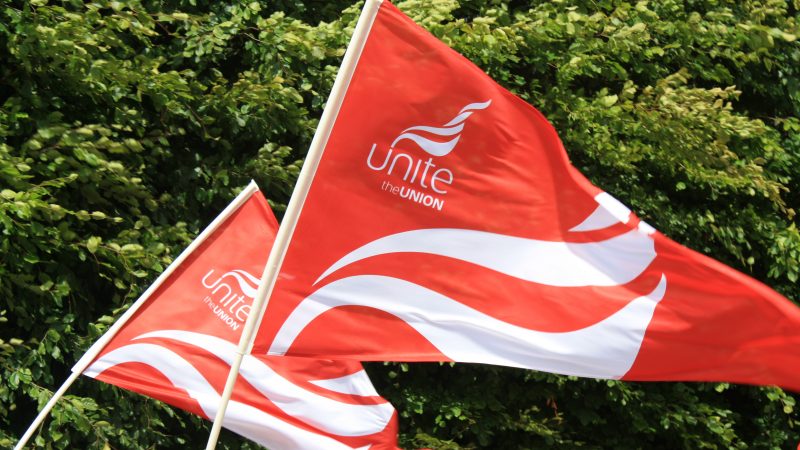Actions of Netanyahu’s government have sparked international anger and made a long-threatened ‘diplomatic tsunami’ real
Analysis
Peter Beaumont
Fri 10 May 2024
Israel is facing a long-threatened “diplomatic tsunami” on multiple fronts over its handling of the war in Gaza and the unprecedented rise in settler attacks on Palestinians in the West Bank.
Amid almost monthly sanctions announcements from the US and European capitals over settler violence, which have incrementally expanded their scope, the Guardian understands yet more potential targets are under consideration.
Sanctions so far have targeted individuals and extremist organisations, and most recently a controversial friend and adviser of Itamar Ben Gvir, the far-right national security minister.
As the US announced it was holding up a shipment of heavy munitions to Israel over Benjamin Netanyahu’s insistence on going ahead with an attack on the southern Gaza city of Rafah, Ireland and Spain said they were committed to a formal recognition of Palestinian statehood.
Pressure is also growing in Europe for a trade ban on Israeli settlement products.
Alexander de Croo, the prime minister of Belgium – which chairs the rotating presidency of the Council of the European Union – has said he is seeking like-minded allies to push for a trade ban, arguing that Israel has potentially violated human rights guarantees in the EU-Israel association agreement.
For its part Turkey, which has long had a complex relationship with Israel, has announced its own complete trade ban with Israel, although reports emerged this week of a three-month reprieve for Turkish traders which were denied by Ankara.
In South America, Israel has also seen a rash of countries cut diplomatic ties or downgrade contacts, with Colombia becoming the second South American country after Bolivia to cut ties.
Elsewhere Israel is under investigation at the international criminal court, which is reportedly considering issuing warrants for senior Israeli officials, and at the international court of justice, the UN’s top court, which is investigating a complaint of genocide and incitement to genocide brought by South Africa against Israel.
A “diplomatic tsunami” against Israel – a warning first coined by the former prime minister Ehud Barak while he served as defence minister under Netanyahu – has been much threatened but until now never meaningfully implemented.
Despite widespread expressions of international support for Israel after Hamas’s 7 October attack, its conduct of the war in Gaza, in tandem with a sharp rise in pro-settler violence in the occupied West Bank, has rapidly intensified long-bubbling frustrations with Netanyahu’s refusal to contemplate any progress towards Palestinian statehood.
His government has continued to plough ahead despite explicit warnings, including in March from the US secretary of state, Antony Blinken, that the country risked further global isolation if it attacks the Palestinian city of Rafah in the Gaza Strip.
And while senior Israeli officials have tried to be bullish in the face of international pressure, saying they will fight on alone, many of the moves have real-world consequences for a country facing economic problems because of the war.
“What has been happening in the past few months is an accumulation of a lot of things that have been in the pipeline for years,” says Yossi Mekelberg of the Chatham House thinktank. “Experts have been warning for years of the risk of an implosion and that the situation [between Israel and Palestinians] was unsustainable.
“That is not to justify anything happened on October 7 … but maybe support for Israel with infinite amounts of weapons is not a good idea when they are dropped on civilians.”
While Mekelberg sees the Turkish move within the context of Netanyahu and Erdogan’s fractious relationship, going back to a deadly Israeli attack on a Turkish aid flotilla to Gaza in 2010, the recent hardening of positions in Europe and the US are “really unprecedented”, he says.
Like others Mekelberg sees a coincidence of events in Israel, around Netanyahu’s rightwing-far right coalition, provoking governments finally to act on long-existing concerns. “Settler violence is not new but when you bring representatives of those settlers, and one of them who has been convicted [Ben Gvir], in as part of government then the argument that somehow settler violence exist at the margins no longer holds.”
Dahlia Scheindlin, in a column for Haaretz this week, said that while previous sanctions moves against Israel were little more than “bad vibes”, that has changed with the Turkish threat of a trade ban and the US move to hold up the delivery of heavy munitions.
Scheindlin also believes international frustration has long been accumulating. “All of this been brewing years. Israel has been behaving in a self-defeating fashion like bull china shop,” she told the Guardian.
“As is so common with paradigm shifts, Israel has not been seeing all the things going on below surface.
“It should be said, however, that Netanyahu himself did start diversifying his portfolio of international allies to the less democratic world – towards courting Putin in Russia and Modi in India – in what he thought would be [an] insurance policy.”
Government lawyers in multiple capitals are already considering whether there should be a new round of sanctions and against who and what, amid questions whether key institutions in settlement building such as the Israeli regional council in the occupied territories and the settlement division of the World Zionist Organization should be in the sights of those designing sanctions.
“It is about violence, impunity and settlements and isolating settlement activity from the world, not isolating Israel,” said one familiar with the direction of discussions.




